Saint Augustine of Hippo: A Life of Transformation and Legacy
Introduction
Saint Augustine of Hippo, also known as Augustine of Hippo or simply Augustine, is one of the most influential figures in Christian history. Born in 354 AD in Thagaste, a small town in North Africa (modern-day Algeria), Augustine’s journey from a life of worldly pursuits to becoming a revered theologian, philosopher, and bishop has left an indelible mark on Christianity, philosophy, and Western thought. His writings, including Confessions and The City of God, continue to inspire and challenge readers centuries after his death. This article explores Augustine’s early life, his spiritual struggles, and his eventual conversion to Christianity.
Early Life and Education
Augustine was born to Patricius, a pagan Roman official, and Monica, a devout Christian. His mother’s faith would later play a pivotal role in his spiritual journey, but during his youth, Augustine was more influenced by his father’s ambitions for his education and social advancement. From an early age, Augustine displayed remarkable intellectual gifts, and his parents sought to provide him with the best education possible.
At the age of 17, Augustine moved to Carthage, a major center of learning in the Roman Empire, to study rhetoric. There, he immersed himself in the vibrant intellectual and social life of the city. However, Carthage was also a place of moral temptation for Augustine. He admits in his Confessions that he fell into a life of hedonism, indulging in sensual pleasures and forming a relationship with a woman who bore him a son, Adeodatus.
Despite his wayward lifestyle, Augustine’s intellectual curiosity remained insatiable. He was deeply influenced by the works of Cicero, particularly his dialogue Hortensius, which awakened in him a love for wisdom and philosophy. This marked the beginning of his lifelong quest for truth.
Struggles with Manichaeism and Skepticism
During his time in Carthage, Augustine became a follower of Manichaeism, a dualistic religious movement that claimed to offer a rational explanation for the existence of evil in the world. Manichaeism appealed to Augustine because it seemed to reconcile his philosophical inquiries with his lingering doubts about Christianity. However, after nearly a decade as a Manichee, Augustine grew disillusioned with the sect’s teachings, finding them intellectually unsatisfying and morally inconsistent.
Disheartened, Augustine left Carthage for Rome, and later Milan, where he secured a prestigious position as a professor of rhetoric. In Milan, he encountered the formidable Bishop Ambrose, whose eloquent preaching and intellectual rigor deeply impressed him. Through Ambrose, Augustine began to reevaluate the Christian faith he had once dismissed as simplistic.
During this period, Augustine also grappled with skepticism, the philosophical stance that true knowledge is unattainable. This skepticism further increased his inner turmoil, as he yearned for certainty in matters of truth and existence.
The Path to Conversion
Augustine’s spiritual crisis reached its peak in Milan. Despite his growing admiration for Christianity, he felt torn between his desire for a life of purity and his attachment to worldly pleasures. In his Confessions, he famously prayed, “Grant me chastity and continence, but not yet.” This internal conflict reflects the profound struggle between his intellect and his passions.
A pivotal moment in Augustine’s conversion came when he heard the story of Saint Anthony of the Desert, a monk whose radical devotion to God inspired many to embrace a life of faith. This account left Augustine feeling deeply ashamed of his own spiritual indecision. Overcome with emotion, he retreated to a garden, where he heard a child’s voice chanting, “Take up and read.” Interpreting this as a divine sign, Augustine picked up a copy of the New Testament and opened it to Romans 13:13–14, which urged a life of moral purity. In that moment, he experienced a profound sense of peace and resolution.
In 386 AD, Augustine resigned his position as a professor, abandoned his plans for marriage, and fully embraced Christianity. He was baptized by Bishop Ambrose in 387 AD, alongside his son Adeodatus and his close friend Alypius.
Return to Africa and Monastic Life
Following his conversion, Augustine returned to North Africa, where he sold his family’s property and founded a monastic community in Thagaste. This period of his life was marked by intense study, prayer, and writing. His monastic rule, one of the earliest in Christian history, emphasized communal living, poverty, and devotion to God.
In 391 AD, during a visit to Hippo Regius, Augustine was ordained as a priest by the local Christian community, much to his reluctance. He had hoped to continue his life as a monk, but his intellectual gifts and leadership qualities made him a natural choice for the clergy. Five years later, he was consecrated as the Bishop of Hippo, a position he held until his death.
Conclusion of Part One
The early life and conversion of Saint Augustine of Hippo reveal a man deeply engaged in the search for truth, wrestling with intellectual and spiritual questions that remain relevant today. From his youthful indiscretions to his embrace of Christianity, Augustine’s journey reflects the universal human struggle between earthly desires and divine calling. His transformation from a skeptic and rhetorician to a devoted servant of Christ set the stage for his later theological contributions, which would shape Christian thought for centuries.
In the next section, we will explore Augustine’s role as a bishop, his theological battles against heresies, and the writing of his most famous works, including the immortal Confessions and The City of God.
Error: Response not validError: Response not valid
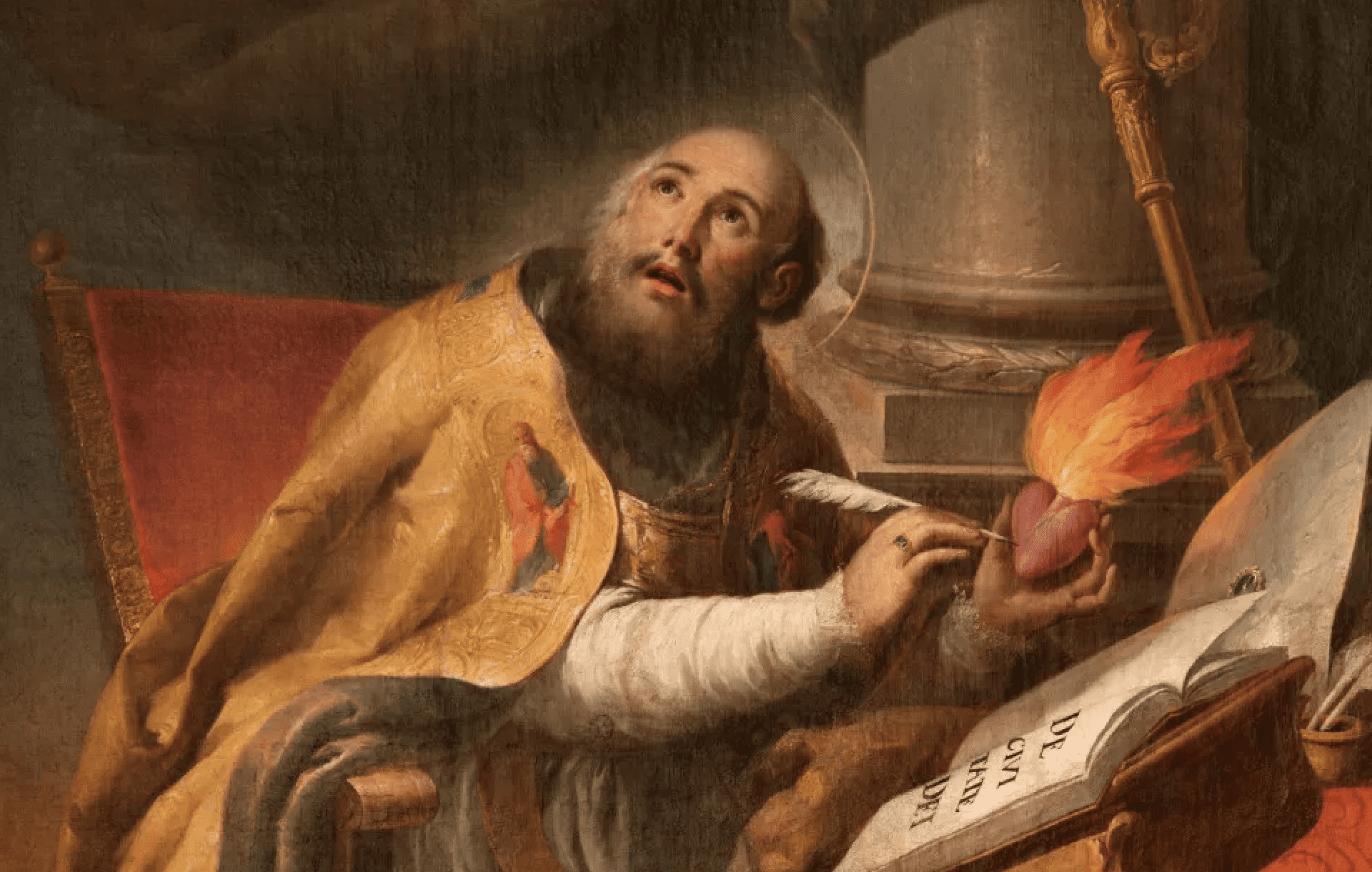

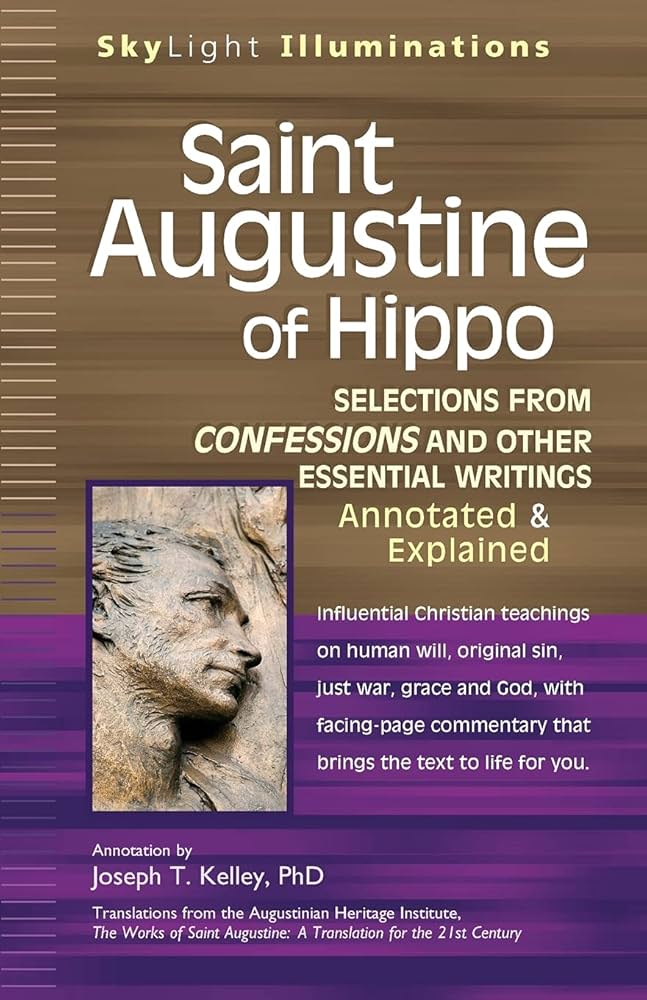
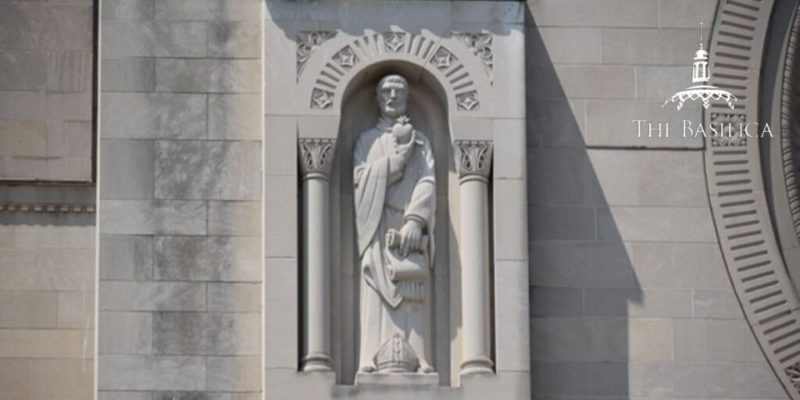
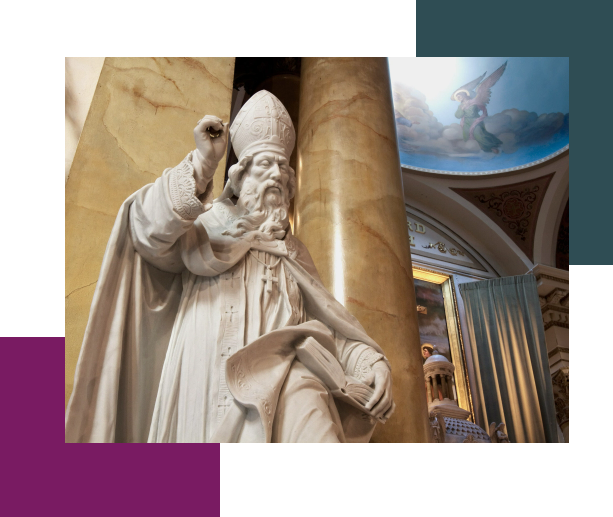





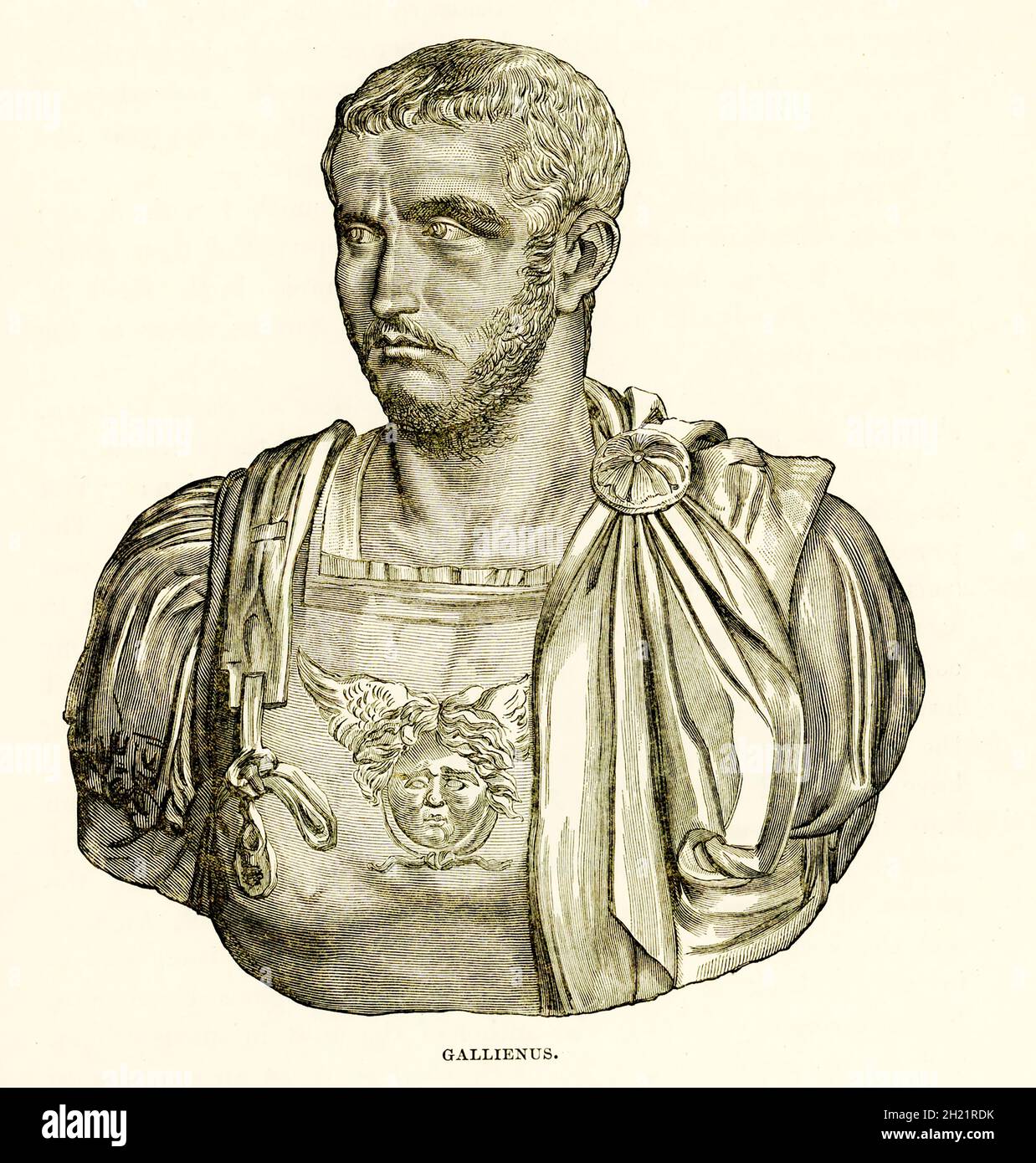

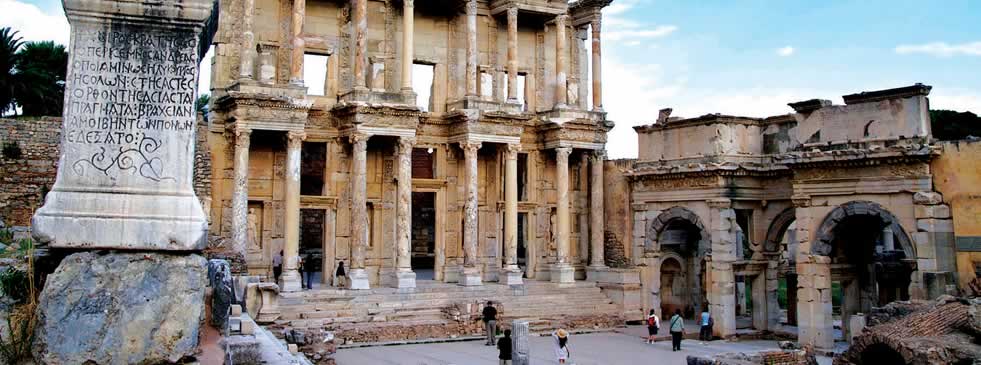

Comments